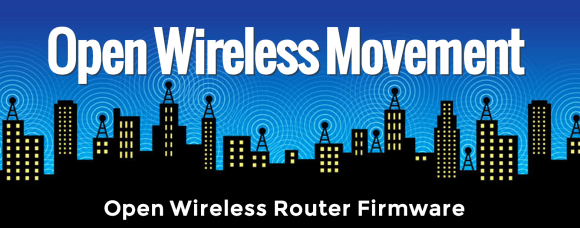Right now, the FCC is considering a proposal to require device manufacturers to implement security restricting the flashing of firmware. We posted something about this a few days ago, but completely missed out on a call to action. Contrary to conventional wisdom, we live under a system of participatory government, and there is still time to convince the FCC this regulation would stifle innovation, make us less secure, and set back innovation in the United States decades.
The folks at ThinkPenguin, the EFF, FSF, Software Freedom Law Center, Software Freedom Conservancy, OpenWRT, LibreCMC, Qualcomm, and other have put together the SaveWiFi campaign (archive.is capture, real link is at this overloaded server) providing you instructions on how to submit a formal complaint to the FCC regarding this proposed rule.
Under the rule proposed by the FCC, devices with radios may be required to prevent modifications to firmware. All devices operating in the 5GHz WiFi spectrum will be forced to implement security features to ensure the radios cannot be modified. While prohibiting the modification of transmitters has been a mainstay of FCC regulation for 80 years, the law of unintended consequences will inevitably show up in full force: because of the incredible integration of electronic devices, this proposed regulation may apply to everything from WiFi routers to cell phones. The proposed regulation would specifically ban router firmwares such as DD-WRT, and may go so far as to include custom firmware on your Android smartphone.
A lot is on the line. The freedom to modify devices you own is a concern, but the proposed rules prohibiting new device firmware would do much more damage. The economic impact would be dire, the security implications would be extreme, and emergency preparedness would be greatly hindered by the proposed restrictions on router firmware. The FCC is taking complaints and suggestions until September 8th.
Even if you’re not living under the jurisdiction of the FCC, consider this: manufacturers of routers and other WiFi equipment will not be selling two version of hardware, one to the US and another to the rest of the world. What the FCC regulates affects the entire world, and this proposed rule would do us all a disservice. Even if you’re not in the US, tell your second favorite websites to cover this: neither Ars Technica nor Wired have posted anything on the FCC’s proposed rule, and even boingboing is conspicuously silent on the issue. You may submit a comment until September 8th here.





 Adafruit Technologies
Adafruit Technologies 










